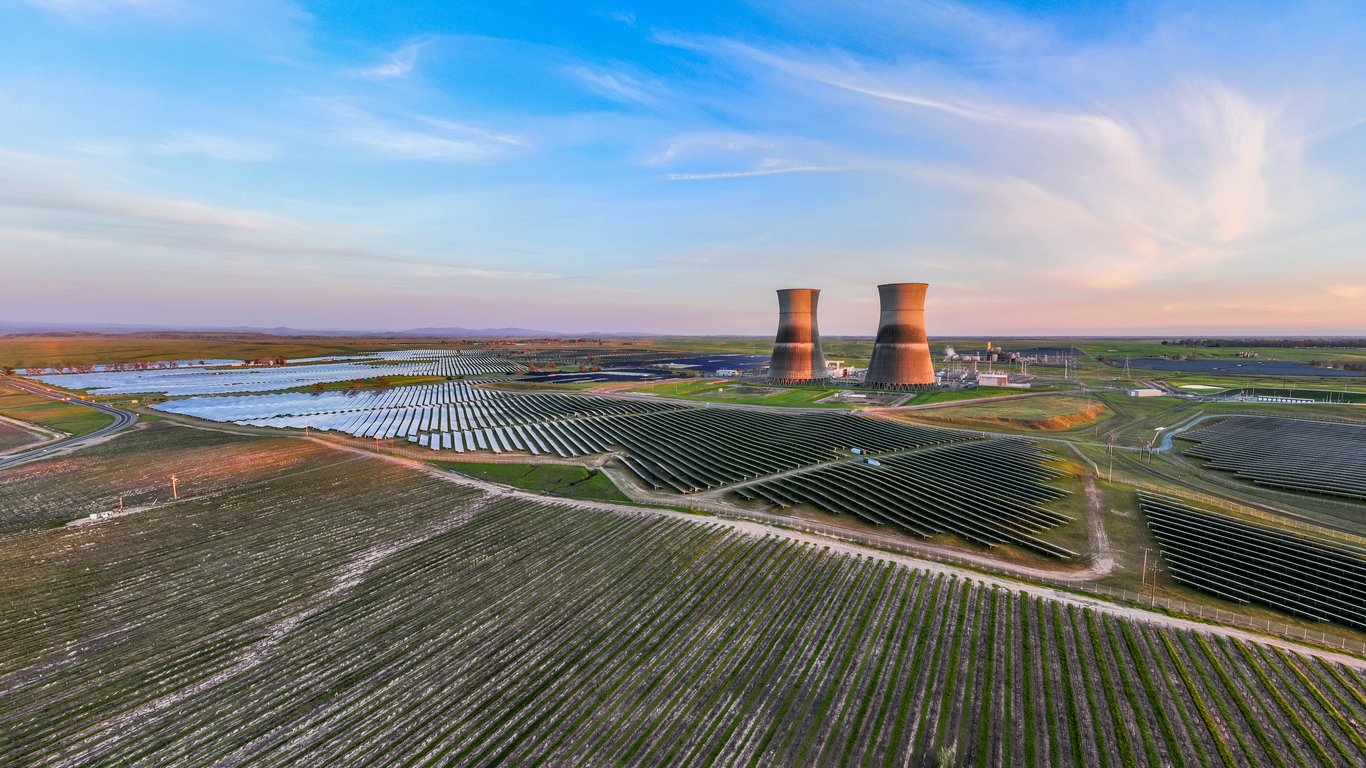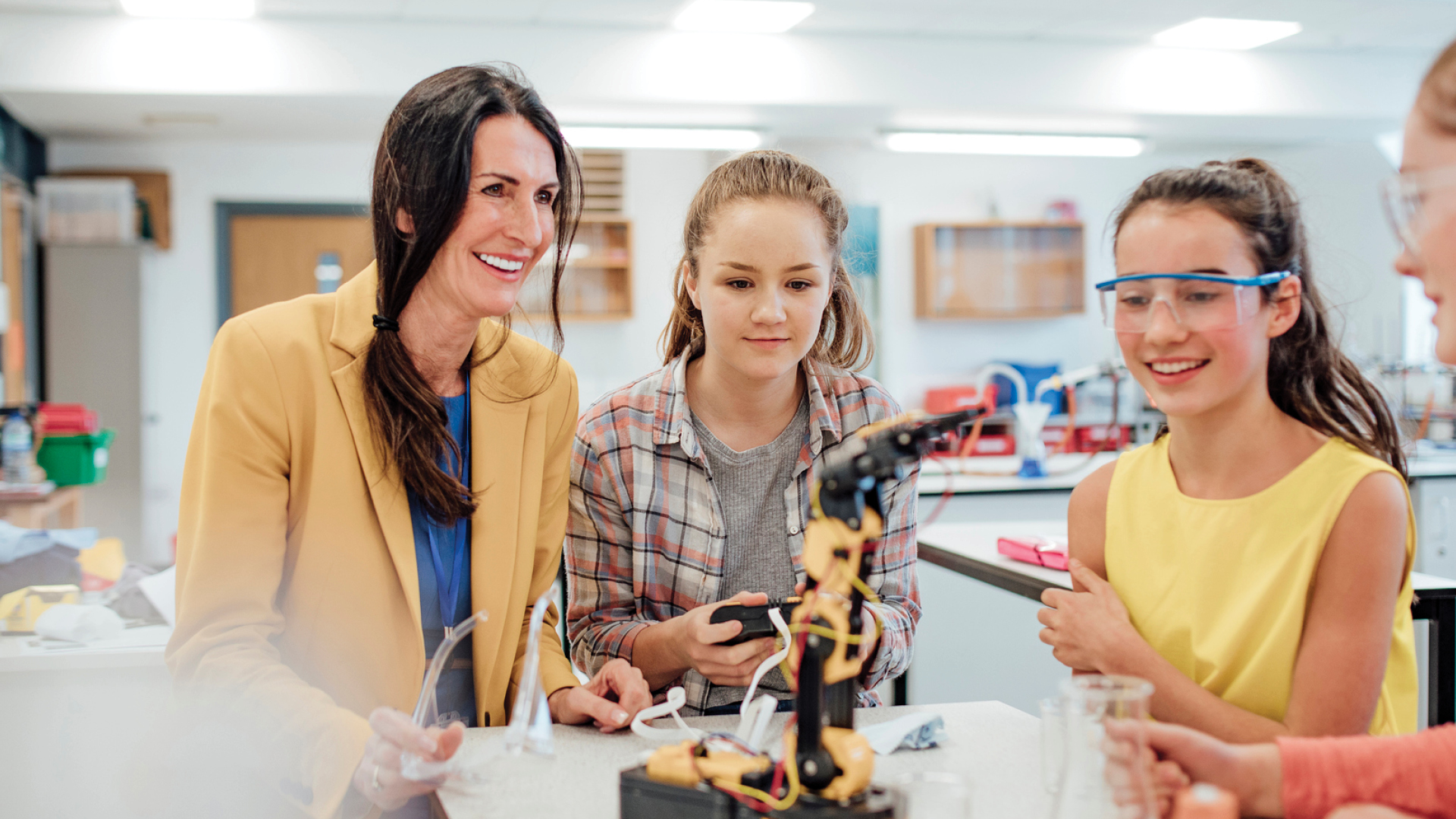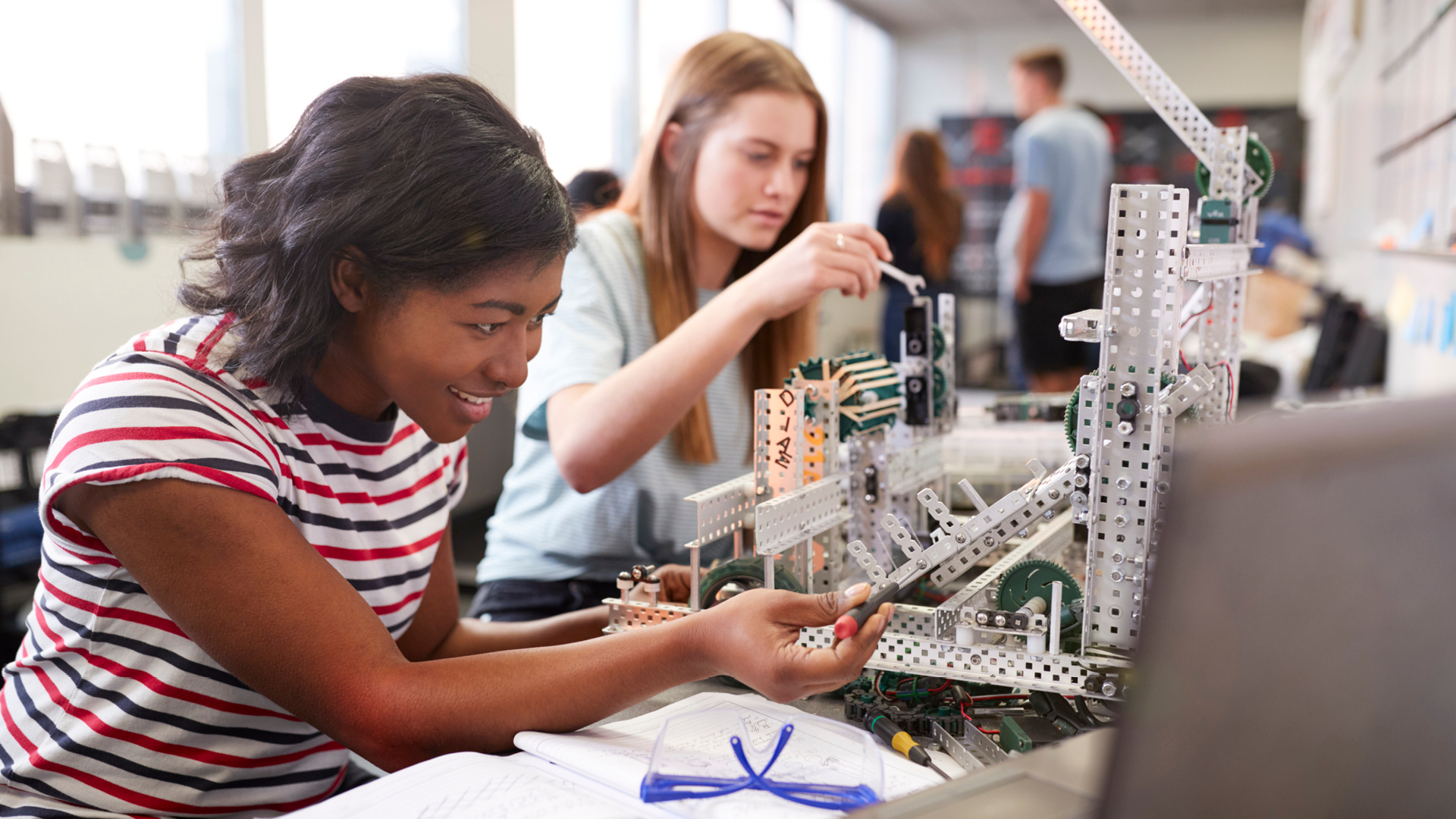
In response to proposals by the Coalition today regarding the role of nuclear power in Australia’s energy transition, the Australian Academy of Technological Sciences and Engineering (ATSE) highlights existing evidence regarding nuclear power in Australia.

ATSE welcomes the additional $481 million announced in the NSW budget for boosting the standards of New South Wales public schools. However much more is needed to equip the next generation with the science and technology skills needed to address our most complex challenges.

ATSE is delighted to announce that William (Bill) Cox FTSE, CEO of innovative design and engineering company Aurecon, has joined the Elevate Advisory Group as Co-Chair.

ATSE welcomes the National Robotics Strategy, which recognises Australia’s strengths in research and development and outlines a plan for a strong and coordinated robotics industry that could deliver significant economic gains.
To arrange interviews with ATSE spokespeople and for other media enquiries, contact Edwyn Shiell - Director, Communications and Outreach: communications@atse.org.au or (02) 6182 3240